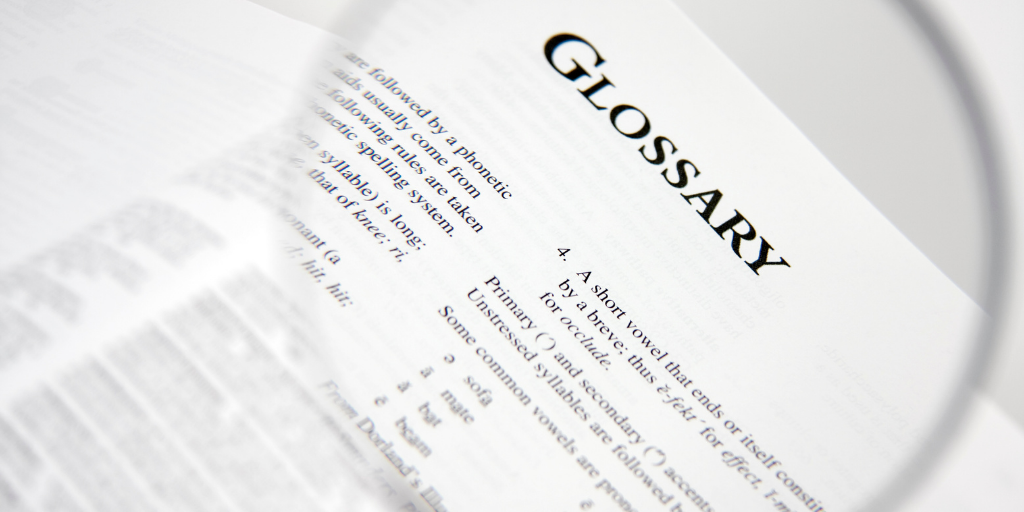Power Markets Essentials
As the focus on a clean energy transition continues, understanding electricity and power markets is increasingly important for the average citizen and up-and-coming industry professionals. At Yes Energy, we believe that competitive energy markets can save the world, so we've compiled an introduction to them in plain language.
Here you can find resources covering everything from the components of the electric grid to the history of US energy to trading in modern markets. Dive in and discover how the world's ever-evolving electric grid works.
Afterward, you can explore one way to participate in power markets in our how to become an energy trader series.
Energy Basics and the Power Grid
To understand the industry, you first need to understand the electric grid. Learn about energy supply and demand, electricity generation and transmission, and the grid as a whole.
The History of US Energy
Explore the history of electricity in the US, covering vertically integrated utilities, monopolies, cooperative utilities, the Federal Energy Regulatory Commission (FERC), and the regulations that led to the existing power markets.
The Introduction of ISOs
See what Independent System Operators and Regional Transmission Organizations are and discover their main goals. Learn about the ISOs and RTOs in North America and a brief history of each one.
Competitive Power Markets
Once you understand the basics of the grid and have a grasp of ISOs and RTOs, explore how competitive markets operate. Learn about the dual-settlement market, economic dispatch, and locational marginal pricing. Also, explore how transmission constraints and other factors can impact electricity prices.
Basic Principles of Electricity Generation
Let's review all things electricity generation. Learn about fuel types, categories (baseload, peaking, and intermittent), and the pros and cons of various generation sources. Understanding electricity generation helps you grasp the system of economic dispatch.
Financial Power Market Structure and Liquidity
Explore financial markets, starting with their purpose. Learn about security-constrained economic dispatch, different types of market participants, and how financial participants facilitate market liquidity.
Financial Power Market Trading and Trade Types
See what makes trading tick. Learn about trading types, including virtual, financial transmission rights, and spread trading.
Ontario Goes Nodal
In May 2025, Ontario's Independent Electricity System Operator (IESO) transitioned to a nodal market. This historic move aims to modernize the system and to deliver a more efficient, stable marketplace.
ERCOT to Launch RTC+B Program
On December 5, 2025, ERCOT will launch RTC+B, the largest market redesign in 15 years, impacting ancillary services, storage modeling, and more.
Yes Energy's Glossary
You'll see many terms and acronyms when learning about the energy industry and electricity generation. Explore some of the most important terms and their definitions in easy-to-understand language.
Other Power Market Resources
Check out our resources page for a roundup of other links to websites and guides that may help you on your electricity learning journey.
RTO Insider's Energy Briefing
Download RTO Insider's Energy Briefing and get a concise, expert summary of the month's key developments in North America’s power markets.
.png?width=200&height=106&name=Yes-Energy-Logo-S(Dark).png)
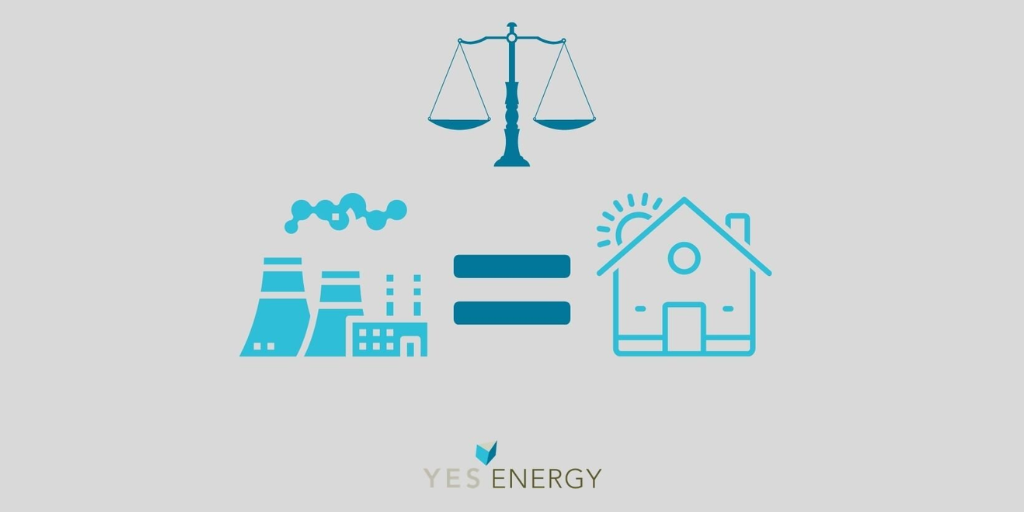
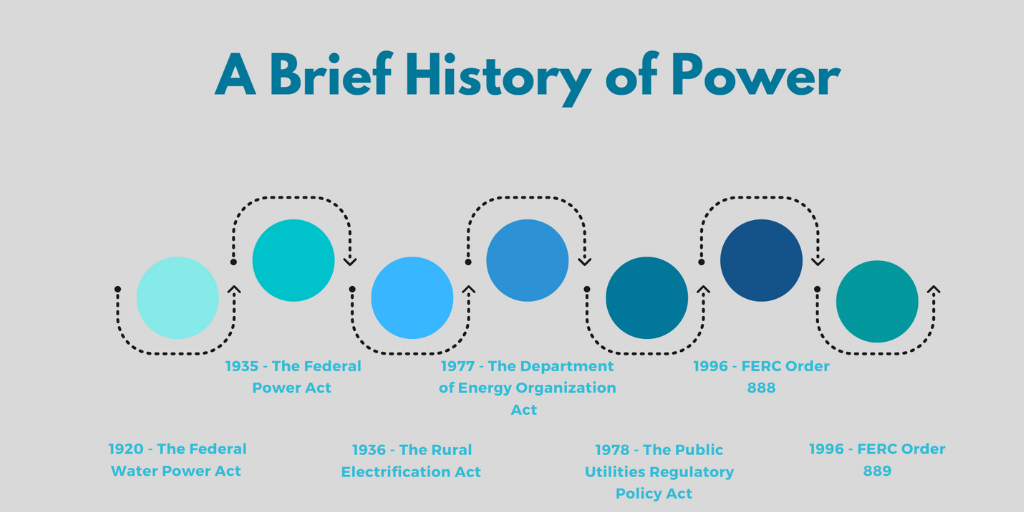
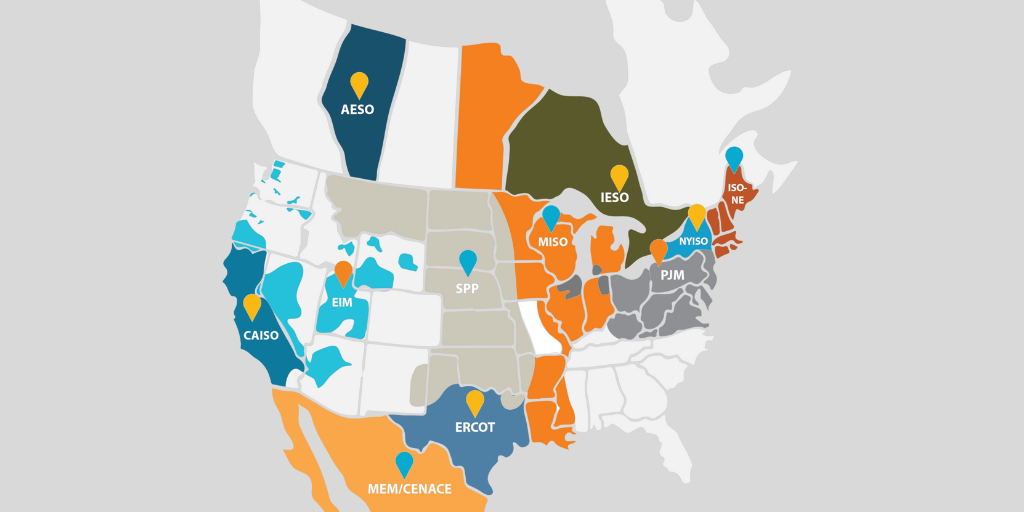
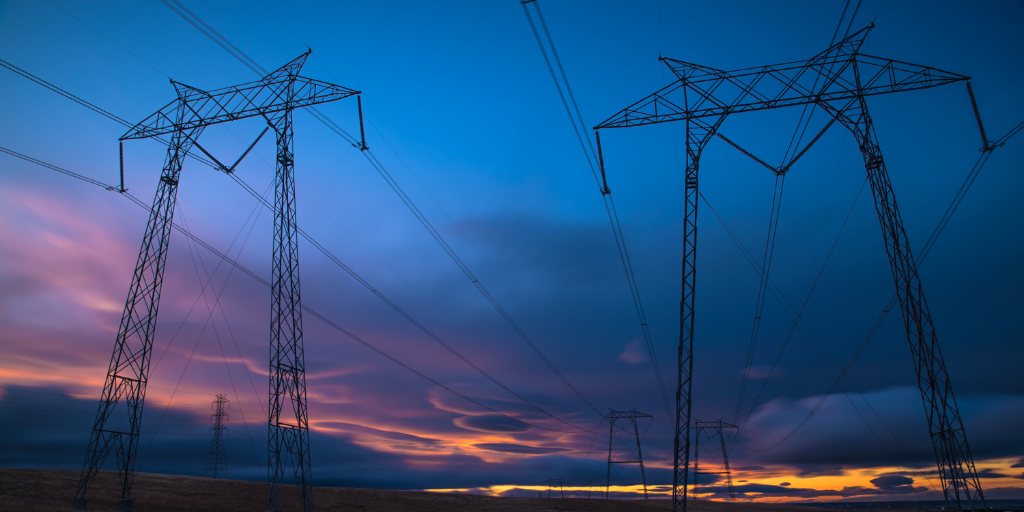



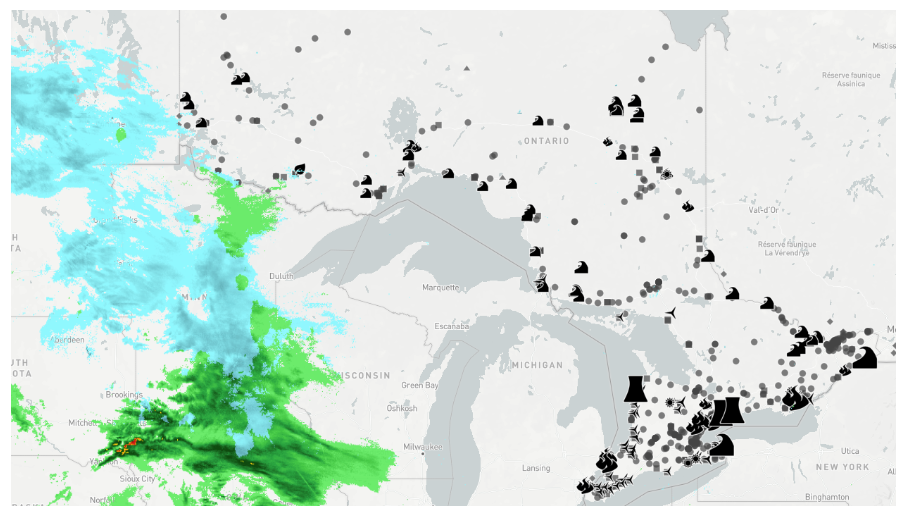
.png?width=1024&height=512&name=Untitled%20design%20(67).png)
